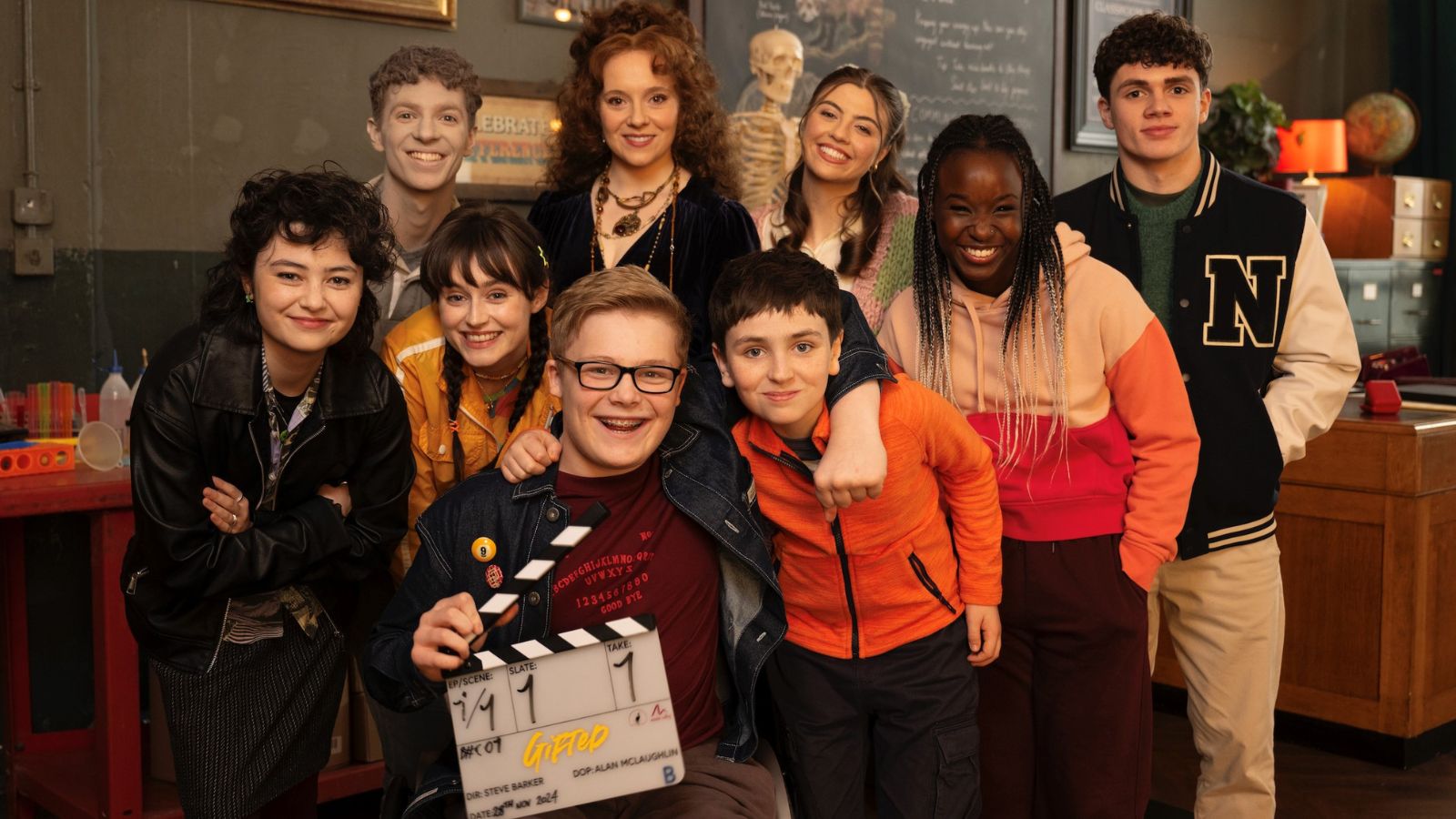Having grown up in a rural or urban environment influences the ability to find one’s bearings more or less well depending on the environment in adulthood, according to research conducted by the CNRS.
Having a sense of direction is not an innate gift. An international research team, co-directed by a CNRS researcher, has just demonstrated that the orientation abilities of individuals are influenced by their geographical origin. Nearly 400,000 people participated in this study, from 38 different countries, thanks to the video game Sea Hero Questoriginally developed to study Alzheimer’s disease. The latter “offers players to achieve the objectives of several levels, following having memorized the plan of these”, explains the CNRS in a press release.
Scientists have observed that people who grew up in the countryside have a better sense of direction, all countries combined. This characteristic is “very marked in Canada, the United States, Argentina or Saudi Arabia, much less in Austria, France, India or Vietnam”.
The environment of our childhood is decisive
Regarding people who grew up in cities, those who grew up in Paris, whose “layout is complex”, identify themselves better than those who grew up in the grid city of Chicago. “While metropolises like Chicago are laid out in a grid, with most of the branches taking place at right angles, cities like Paris draw a more heterogeneous network, presenting almost all possible angles. Thus, according to their results, growing up in a city with complex topography confers a better sense of direction,” the study details.
More generally, people identify themselves better when their environment remains similar to that which they knew during their childhood. “They orient themselves better over long distances if they come from a rural background, and better on a grid plan if they grew up in a city ‘at right angles'”.
Sea Hero Quest, the memory and Alzheimer’s video game
In the video game Sea Hero Questused for this research, the player embodies a ship captain who must find mysterious creatures using a map, which he will then have to to memorize. “People who underperform have a greater predisposition to Alzheimer’s disease”, explained an Inserm researcher.
Created by neuroscientists, Sea Hero Quest has already attracted more than 4 million people, which has collected the equivalent of 10,000 years of data. Indeed, the strategies put in place by the player as well as his profile (age, sex, education, etc.) are transmitted anonymously to the researchers.
They were thus able to show that poor players were more often carriers of a variant of the ApoE4 gene, which multiplies by three the risk of developing Alzheimer’s disease. However, they had shown no symptoms of the pathology at this stage.



